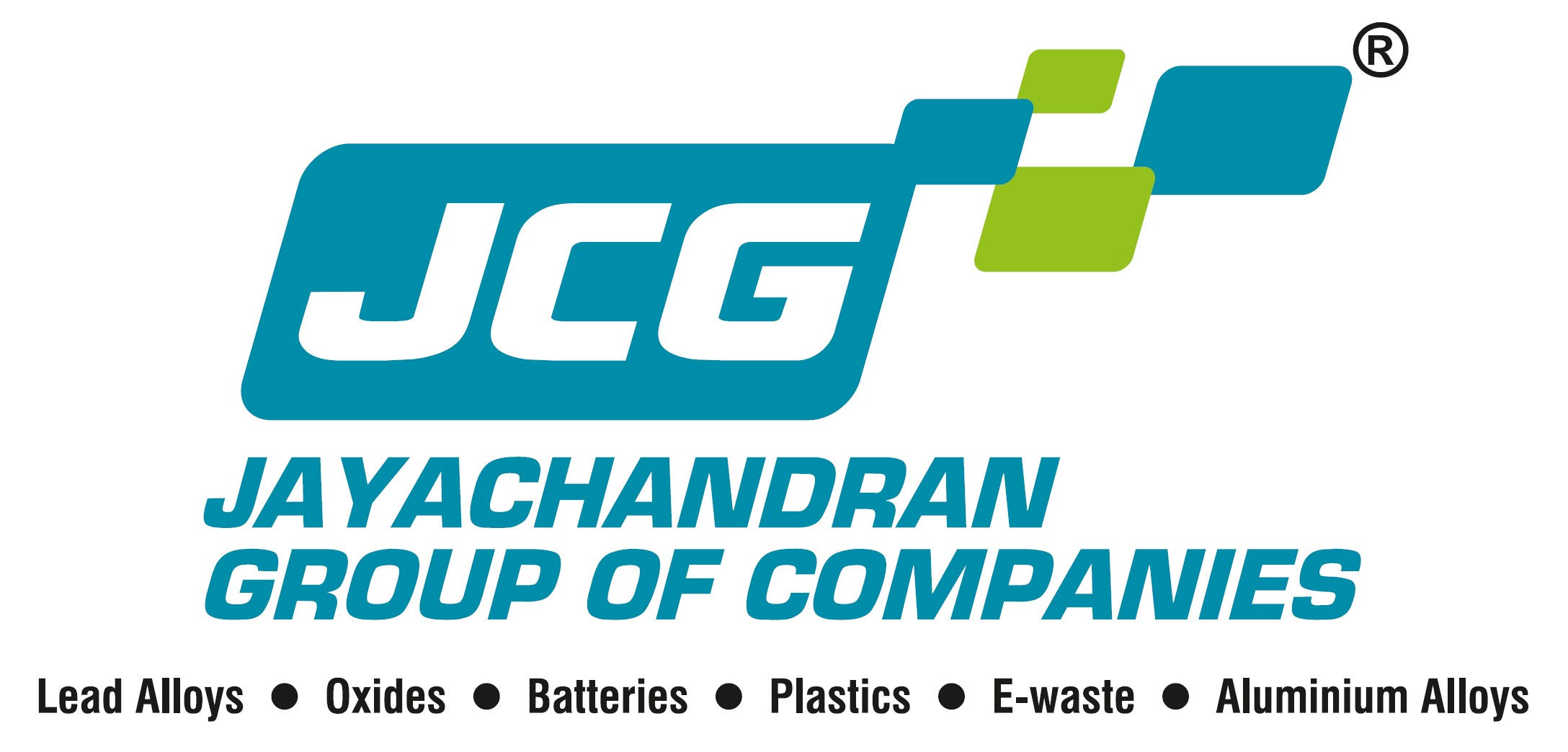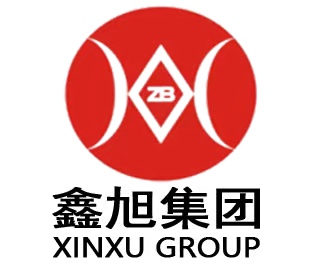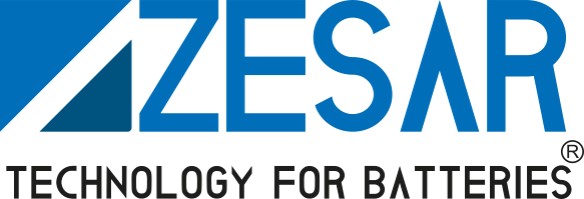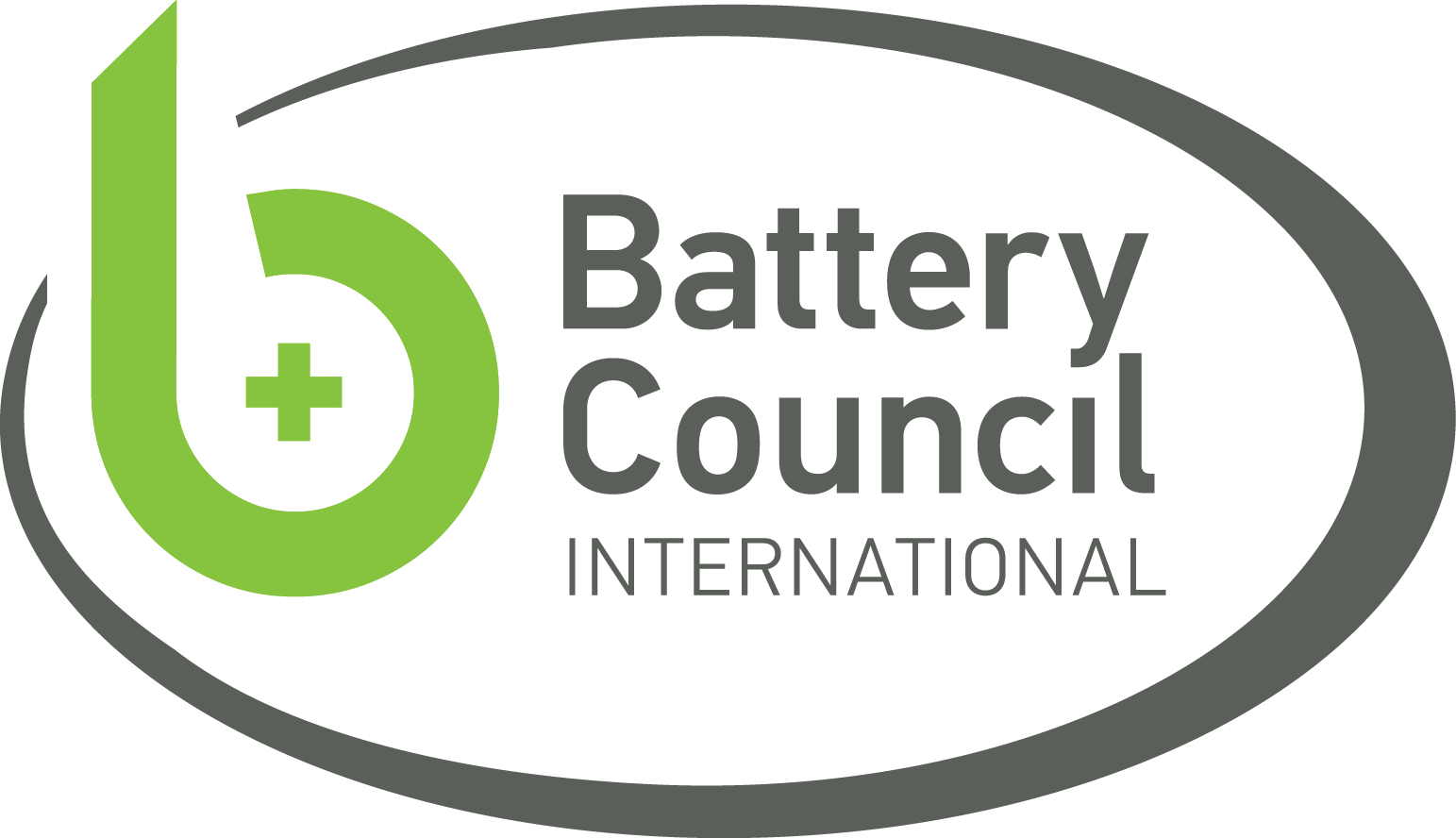The application of high-energy X-ray in-situ or in-operando imaging has proven to be a useful tool in the study of secondary battery electrode materials, particularly in Li-ion and Li-S batteries. However, the potential benefits of these techniques for lead–acid battery research have not been fully realized. This presentation reports the effectiveness of using custom-made cell designs paired with high-energy synchrotron X-ray transmission imaging in investigating the inner workings of lead–acid battery electrodes. The key findings include: (i) the generation of accurate 2D maps of PbSO4 in the negative active material during battery operation, (ii) direct in-operando observation of PbSO4 heterogeneity arising from diffusion-limited discharge, (iii) observation of gas formation during charge, and (iv) monitoring of PbSO4 accumulation in the negative active material during traditional and hybrid electric vehicle (HEV) operation. The results highlight the potential of high-energy X-ray imaging for studying lead–acid battery electrodes and suggest that future research could investigate the impact of different electrode compositions or operational circumstances on the negative electrode’s local state-of-charge.
Presenters

Chad is a PhD candidate at Swinburne University of Technology in Melbourne, Australia. His study involves investigating novel in-situ analytical techniques that could offer a unique insight into the function of lead–acid batteries, particularly in high-rate partial-state-of charge (HRPSoC) applications.

Peter J. Mahon graduated with a PhD after completing a thesis that investigated various kinetic phenomenon associated with electron-transfer in electrochemical systems. Postdoctoral studies in the USA, Australia and Canada continued to focus on electrochemical applications. He was recruited by a start-up company to perform industrial research on supercapacitors in conjunction with the CSIRO. He then moved to the Research School of Chemistry at the Australian National University to work in the area of spectroelectrochemistry. Currently, he is the Senior Lecturer in Analytical Chemistry at Swinburne University of Technology supervising projects involving battery development, bioelectrochemical systems and natural products.

Rosalie Hocking is a chemist at Swinburne University of Technology whose research focuses on developing electrochemical devices to create commodity chemicals from solar electricity. Her work utilizes X-rays at the Australian Synchrotron to examine new materials and develop low-cost sensor devices for applications like asbestos identification. Hocking earned her PhD in physical and inorganic chemistry from the University of Sydney in 2004 and has held positions at Stanford University, CSIRO Land and Water, Monash University, and James Cook University. She is currently a senior lecturer in chemistry and deputy department chair of Chemistry and Biotechnology.
Russell Newnham has been a chief scientist at Electric Applications Incorporated (EAI) since 2013 and oversees the application, development and testing of battery energy storage technologies. Prior to this, he was at Electric Transportation Applications where he developed battery technologies for remote-area power-supply systems, electric vehicles, and hybrid-electric vehicles. He was also a technical manager at the NorthStar Battery Company in 2004-2005, and before this a scientist at the Commonwealth Scientific and Industrial Research Organization (CSIRO) working in battery research for 17 years. Newnham earned his Ph.D. and Bachelor of Science degrees in Chemistry from Monash University in 1988 and 1982, respectively.

Tony Hollenkamp is a Principal Research Scientist at CSIRO with over 30 years of experience in battery research. He led projects in lead-acid battery chemistry for remote off-grid areas and premature capacity loss before shifting his focus to rechargeable lithium metal batteries. Hollenkamp has contributed to significant discoveries in developing high-specific-energy rechargeable lithium batteries that work well at above-ambient temperatures, exploring new silicon-carbon composite anode materials, and new applications for ionic liquids. Recently, he has turned his attention to the issues associated with recycling batteries, particularly lithium batteries. Hollenkamp is an Adjunct Professor at Deakin University’s Institute of Frontier Materials.

























